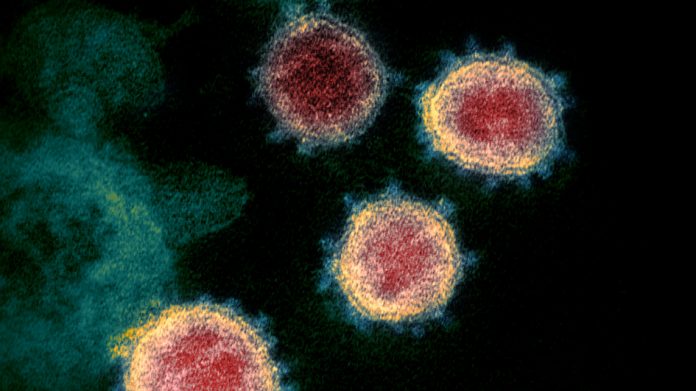Thousands of people with cancer could die early because hospitals were forced to suspend surgery while the NHS battles coronavirus, a report by the Institute of Cancer Research warns today.
The pandemic will have “a terrible indirect impact on the lives of cancer patients” for months to come, the ICR said, with the disruption to NHS cancer treatment and delays to operations to remove tumours leading directly to some people’s disease becoming incurable.
Their modelling, which factored in the risk of hospital-acquired COVID-19-infection, showed dramatic differences in the impact of delay on cancer survival depending on patients’ age, their cancer type and whether it was earlier- or later-stage cancer.
The team found that a delay of three months across all 94,912 patients who would have had surgery to remove their cancer over the course of a year would lead to an additional 4,755 deaths. Taking into account the length of time that patients are expected to live after their surgery, the delay would amount to 92,214 years of life lost.
They estimated that surgery for cancer affords on average 18.1 life years per patient, of which on average 1.0 years are lost for a three-month delay or 2.2 years are lost with a six-month delay. Considering healthcare resource more broadly, they compared this with hospital treatment for COVID-19, from which on average 5.1 life years were currently gained per patient.
Study leader Professor Clare Turnbull, Professor of Cancer Genomics at the ICR, said:
“The Covid-19 crisis has put enormous pressure on the NHS at every stage of the cancer pathway, from diagnosis right across to surgery and other forms of treatment. Our study shows the impact that delay to cancer treatment will have on patients, with England, and the UK more widely, potentially set for many thousands of attributable cancer deaths as a result of the pandemic.
“Our findings should help policymakers and clinicians make evidence-based decisions as we continue to deal with the effects of the pandemic on other areas of medicine. We have to ensure that both patients with COVID-19 and also those with cancer get the best possible care. That means finding ways for the NHS to get back to normal service on cancer diagnostics and surgery as soon as possible, prioritising certain cancer types in particular.”







